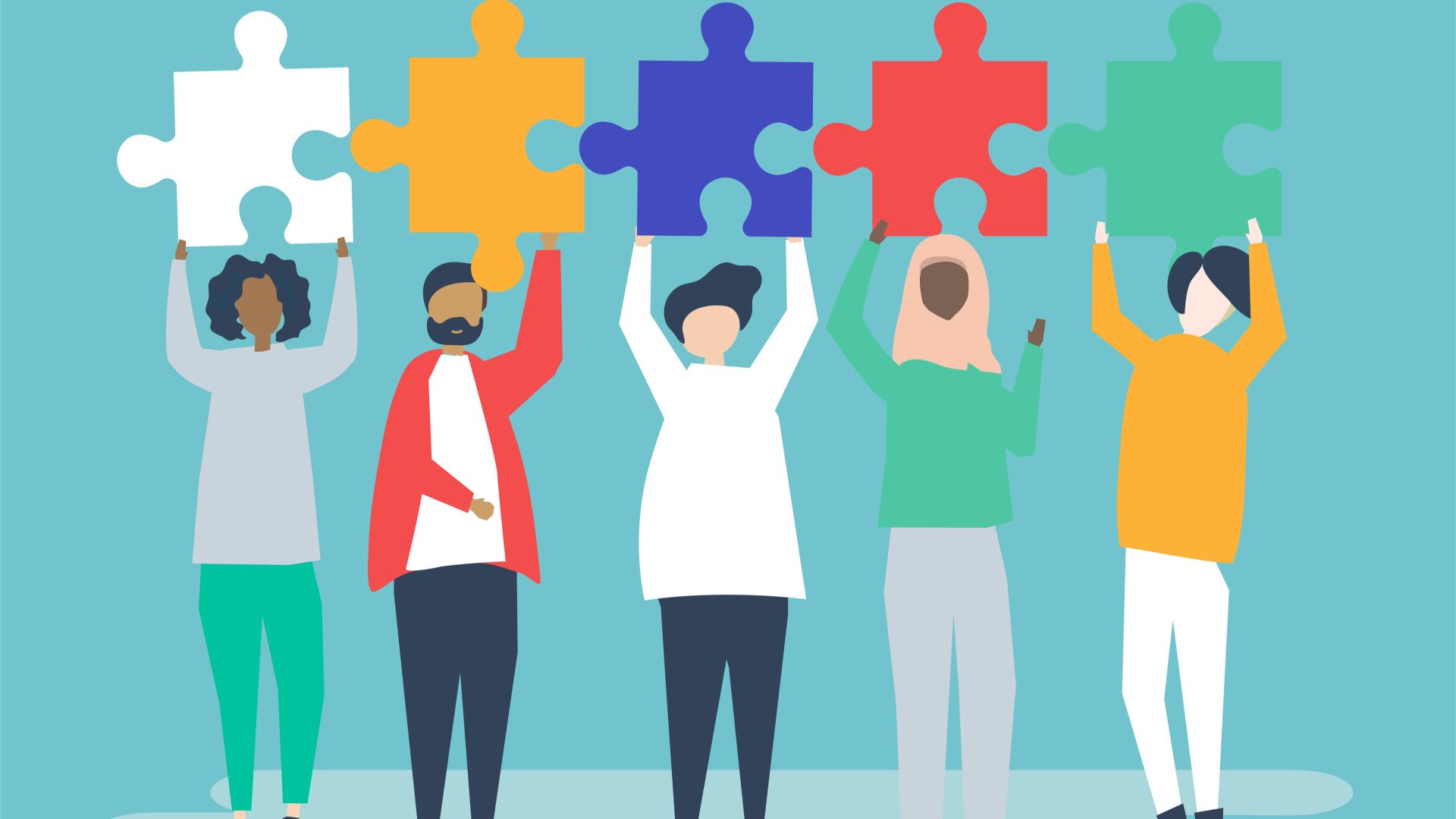With support from its members, the Association of Electrical and Mechanical Trades (AEMT) has launched a committee which aims to drive, support and promote equality, diversity and inclusion within the electromechanical sector.
In the UK, the engineering sector has a long-standing history of being less diverse than the general population. Research from EngineeringUK shows that 16.5% of those working in engineering are female compared to 51% of the working-age population, while 9% are from minority ethnic backgrounds compared to 12% of the population, and 9% declare they have a disability or impairment as compared with the average of 14%. At a time when the engineering sector faces a widespread skills shortage, a focus on equality, diversity and inclusion (EDI) offers a broader talent pool to help meet the sector’s recruitment needs.
Research also demonstrates that increased workforce diversity improves innovation, creativity, productivity, resilience and market insight. A study carried out by McKinsey has shown that companies in the top quartile for racial/ethnic diversity were 30% more likely to have financial returns above their national industry median, while those in the top quartile for gender diversity were 15% more likely to have increased financial returns.
The business case for EDI in engineering is undoubtedly there, but many organisations in the sector are unsure of how they can improve their position or, indeed, what support and resources are available to them.
The AEMT’s new group aims to help its member companies to develop their approach to EDI within their organisations and reap the available rewards. This work will include identifying and sharing best practices, signposting members to resources and initiatives to support them on their journey, and raising awareness of the benefits a focus on EDI can deliver. The group will also work to encourage individuals from diverse backgrounds and experiences, and those with wide-ranging needs, to explore careers in the electromechanical repair sector by promoting the opportunities available in the industry and highlighting the way EDI is supported.
The new AEMT committee was formed by a group of Association members with experience promoting and supporting EDI within their businesses. Members of the committee include representatives from Houghton International, ABB, ADC Electrical, Bedford Pumps, EMiR Software, Fenflow, Hidrostal, Mid Kent Electrical and Primary Engineer.
Commenting on the new group, Kirstie Davies, Marketing Manager at EMiR Software, said:
“The electromechanical sector is facing a skills shortage as young and diverse individuals are not choosing to enter the sector. I believe we will benefit significantly from promoting and actively engaging in diversity and inclusion, as companies that celebrate diversity and inclusion are seen as more progressive and attractive to customers, employees and investors.”
Lucy Ogden, Marketing Manager at Hidrostal (GB) Ltd, added:
“We strive to make our engineering workforce diverse, equitable and inclusive. At 25%, our proportion of female staff is well above the UK average, plus we have diverse role models, particularly within our leadership team, who show our staff that there are no limits to their progression within our organisation. Employing a diverse workforce benefits our business in many ways. It extends our skill set and provides us with a wider range of perspectives, plus it increases our productivity by enabling us to blend our experiences and learn from each other. Ultimately, our employees are happier.”
Eleanor McIntosh, Marketing Manager at Houghton International, explained how her company works to embed an EDI focus across the business:
“With support from a well-established HR team Houghton International embeds effective policies and procedures, health and wellbeing support, a strong internal culture and set of core values throughout recruitment, training and apprenticeships, staff retention, development, performance management, and business operations. Within our workforce there is the representation of ages from 16 to 60+, giving us the benefit of decades of experience alongside innovative young minds and fresh perspectives. In a traditionally male-dominated industry, the number of women within the business has increased steadily. With many women within the business routed into significant career development and progression.”
One of the group’s first actions was to sign the Association up as a supporting partner of EngineeringUK’s Tomorrow’s Engineers Code, a community of over 250 organisations working toward common goals to increase the diversity and the number of young people entering engineering careers. This move sees the Association commit to actively participating in the Code’s community, contributing where applicable and sharing knowledge/good practice.



